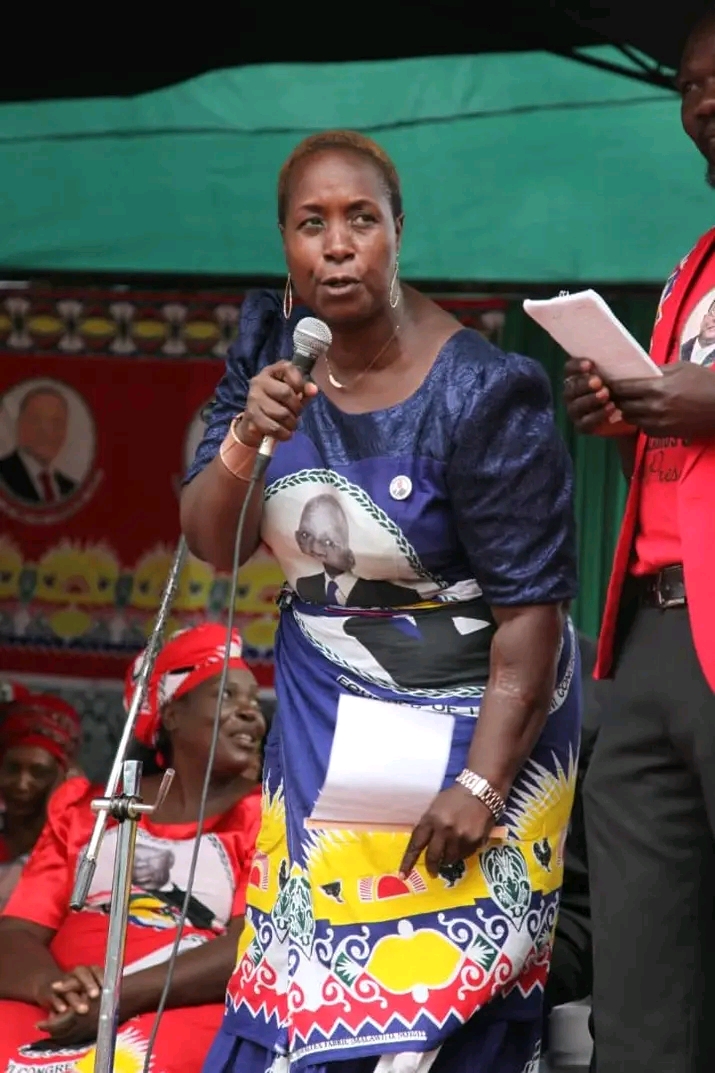“`Electricity Supply Corporation of Malawi (Escom) is demanding a total of K170 million from 17 business premises it accuses of buying electricity from parallel markets.
Escom Public Relations Manager Innocent Chitosi confirmed the development, saying the verification exercise continues.
He said the parallel market involved some companies and individuals dubiously buying electricity from Escom and Electricity Generation Company (Egenco) employees.
“We have issued letters of reversal of units to 17 business premises. We are demanding over K170 million from these customers. What is happening is that we are reversing the remaining units in the meter to the employees and charge what has been used,” he said.
Meanwhile, a blame-game has ensued between Escom and Egenco over the alleged involvement of the latter’s employees in the billing scam.
While Escom claims that it has lost huge sums of money to the fraud, Egenco maintains that Escom could not have lost any revenue from Egenco employees’ units because the said electricity was fully paid for.
The Daily Times has information that one of the Egenco employees had units of electricity worth over K2 million loaded in four different meters traced to four different names and locations in just over a year.
While acknowledging such dealings, Egenco Public Relations Officer Moses Gwaza maintains that Escom did not lose the money.
“We have seen some of those names you are talking about and action will be taken because, as we have been saying, we do not condone the abuse of privileges. That said, if you saw our earlier statement, we did not say this is not happening.
“What we said is that Escom could not have lost any money in these transactions because all the electricity given to Egenco employees was fully paid for. We go to the counter, just like any other customer, and buy the electricity given to our employees. What the person does with the electricity is between him/ her and Escom.
“Again, we are saying that it is not our responsibility to track how these electricity units are being used. In this case, this employee you are talking about was not doing this by herself. She was writing Escom to say I want to replace my meter number with such and such number, so on and so forth. Throughout the changes, she was paying service fees; so, you can see that, at the end of the day, it is the responsibility of Escom to check how people are using tokens. It is their system,” he said.
However, Chitosi said the illegal selling of electricity units was robbing the company of an opportunity to sell the electricity at a price recommended and approved by the regulator.
He claimed that some of the units bought by Egenco for its employees when the tariff was low are being sold now.
“Some of the implicated customers have explained to us that they were being offered lower prices than what obtains on the market. Had these customers bought from Escom, they would have paid the right amounts. In any case, Escom is the only entity allowed to buy units from power producers and sell them to customers.
“Egenco compiles a list and particulars of its employees who it is paying for. It is Egenco that presents the list to us, Escom, as authentic. Why has Egenco been tolerating the tendency of its employees to pretend to change houses every two or three months? If one were to talk of presenting falsified documents, would the blame go to its employees or to Egenco?
Chitosi said Escom employees implicated in the fraud were categorised into two; those who sold units and those who processed transfers of units.“`




